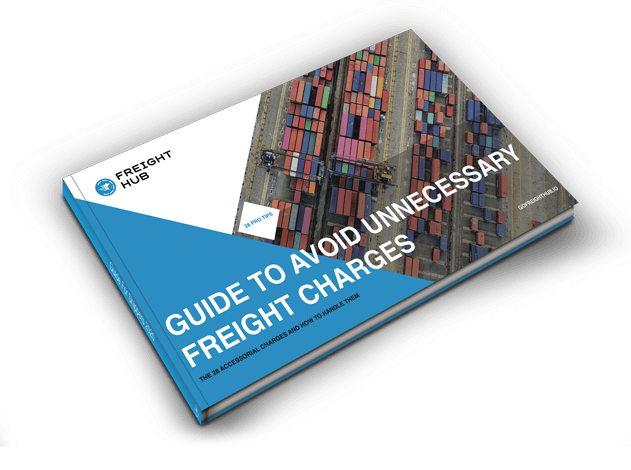Reinventing Trucking Services Through Tracking Technologies
Did you know that refrigerated trucks contribute a large percentage of the overall global product shipments?
Various companies and logistics entities such as FTL Hub use refrigerated trucks for a wide range of purposes.
Most importantly, the transportation of perishable products or goods such as fruits, pharmaceuticals, food and drinks, plants, and floral products, and engineered chemicals requires refrigerated trucks.
The specialization for refrigerated trucks confirms the vitality of such fleet vehicles in meeting product demands. For instance, refrigerated trucks, vehicles, and vans contribute to about 90 percent of the total food product shipments in the United States.
Further, the global market for refrigerated Vehicles stood at about $11billion in 2016 and has the prospect of growing to about $16.5 billion by the end of 2022.
How to Choose the Right Refrigerated Truck
Before settling on any decision to purchase or hire a refrigerated truck, it is essential to understand that such trucks differ concerning size, operational efficiencies, and mechanical aspects, among others.
Therefore, you should evaluate your options properly or consult experts on the matter of the trucks’ operating parameters. It would be best if you did thorough background research about refrigerated truck services providers such as FTL hub to gain prior insights.
There are several parameters about refrigerated trucks that should inform your research and final decision. Such parameters include:
Truck temperatures
Often, the temperature aspect forms the basis of refrigerated trucks. You should check whether the truck satisfies temperature parameters with respect to the product that you are transporting. Often, there are various temperature ranges for such trucks.
Such ranges include room temperatures (20 to 25°C), refrigerated temperatures (2 to 8°C), and cytogenic temperatures (0 to as low as -150°C).
Fuel efficiency and right sizes
Certainly, everybody would opt for a fuel-efficient refrigerated truck to save on extra cost. However, it would be essential to consider the balance between mechanical aspects that operate to generate various temperature ranges and fuel consumption mechanisms.
You should also consider the truck size that suits the products of concern before settling on the decision to hire or purchase such trucks.
Truck condition
To hire trucking services, you should consider the evaluation of crucial aspects such as the total mileage, servicing, and other essential installations that may impact the truck reliability if left unattended.
What are the Uses of Refrigerated Trucks?
As noted earlier, refrigerated trucks’ primary use is to transport goods and products that are susceptible to harsh external conditions such as high humidity, temperature, wind, and others. Therefore they are instrumental in transporting the following product categories
- Pharmaceuticals (at 30 to 45°F)
- Chemicals
- Cosmetics, perfumes, and other personal care products
- Fine arts products that are vulnerable to high humidity and external temperature changes (at about 70°F)
Final Thoughts
Refrigerated trucks are vital in enhancing the transportation of essential products and goods that are susceptible to various external weather conditions.
Products such as pharmaceuticals, personal care products, and different chemicals are essential to human activities and lives.
Therefore, refrigerated trucks contribute to the overall supply of such products and the subsequent economic growth of any country.

